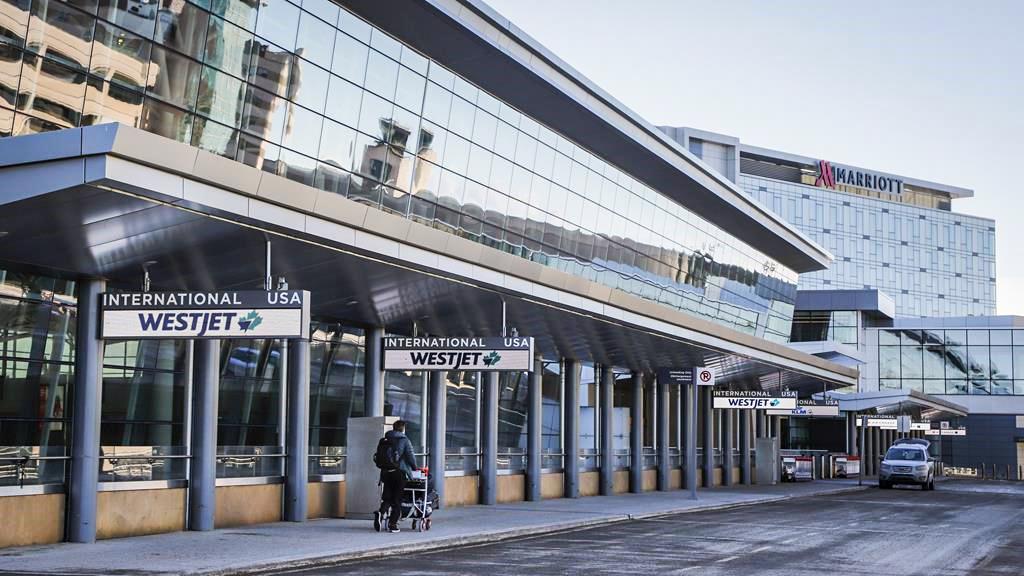CALGARY—A New Year’s Eve disturbance on an Air Canada plane which some passengers have said was related to bad behavior by Russia’s world junior hockey team does not appear to have resulted in any charges, but the International Ice Hockey Federation says it could still take action.
“The IIHF is gathering further information on this incident from the relevant authorities and will refer the incident to the IIHF Ethics Board to determine if the Russian National Team’s actions violated the IIHF Ethics Code,” the federation stated in an email.





